Politics
Politics books explore governmental systems, ideologies, political history, and current affairs across local and global contexts.
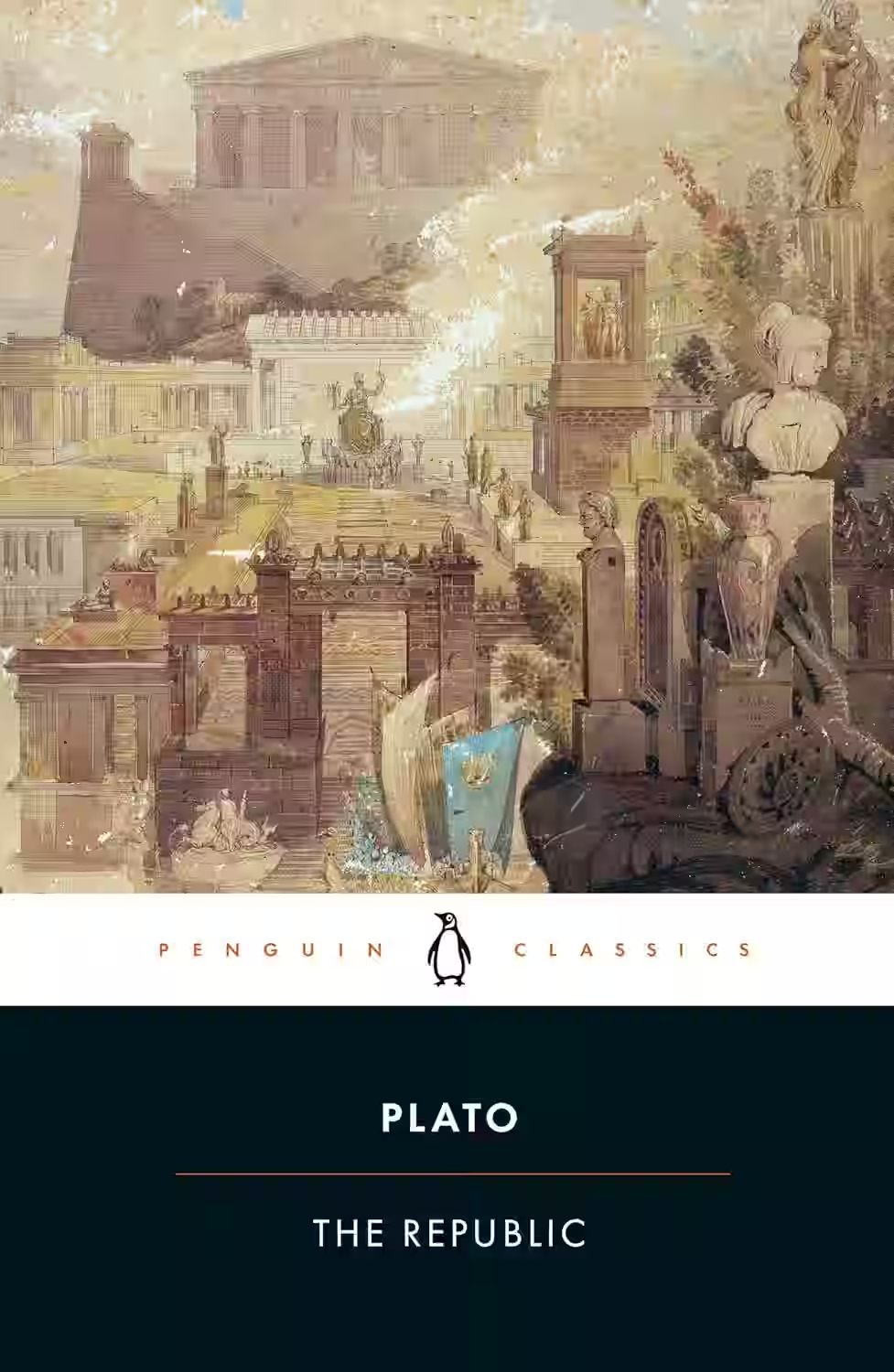
The Republic
by Plato
Plato’s The Republic explores justice, governance, and the ideal state through Socratic dialogue. Set in ancient Athens, it proposes a society ruled by philosopher-kings, where reason and virtue guide decision-making. The text investigates the nature of truth, education, and the soul, famously introducing the Allegory of the Cave. A cornerstone of Western philosophy, it challenges readers to question reality, politics, and morality, remaining profoundly relevant in political and ethical discourse.
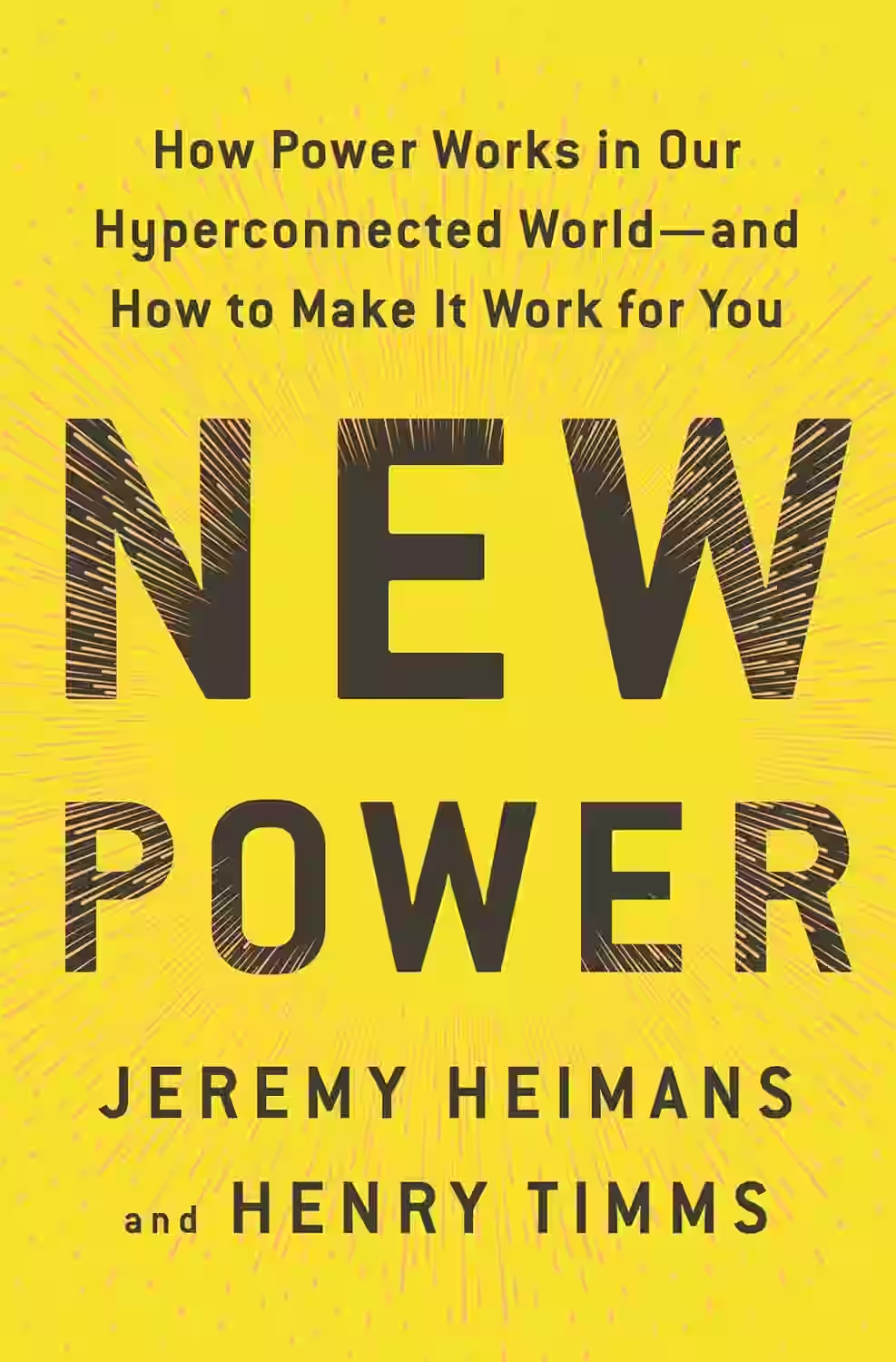
New Power: How Power Works in Our Hyperconnected World
by Jeremy Heimans, Henry Timms
New Power explores how influence, leadership, and engagement have evolved in the digital age. The authors contrast "old power"—top-down, closed, and leader-driven—with "new power"—open, participatory, and crowd-sourced. Through case studies like #MeToo, Airbnb, and TED, they show how modern movements and brands leverage community and transparency. The book offers tools for leaders, activists, and entrepreneurs to harness this shift effectively. Branson and other innovators have praised New Power for its relevance in today’s hyperconnected world, where collaboration and authenticity often matter more than hierarchy or control.

Adios, America: The Left's Plan to Turn Our Country into a Third World Hellhole
by Ann Coulter
In 'Adios, America: The Left's Plan to Turn Our Country into a Third-World Hellhole,' firebrand conservative author Ann Coulter tackles the contentious issue of immigration, arguing that liberal policies are leading the United States down a dangerous path. Coulter presents a provocative critique of America's immigration system, addressing topics such as amnesty, border security, and the impact on American society. Through her signature wit and no-holds-barred style, Coulter delivers a passionate defense of stricter immigration controls. While controversial and polarizing, the book sparks important conversations about national identity and sovereignty.

The 48 Laws Of Power
In this huge international bestseller, the 48 laws are illustrated through the tactics, triumphs and failures of great figures from the past who have wielded - or been victimised by - power. The perfect book for the power hungry (and who doesn't want power?). At work, in relationships, on the street or on the 6 o'clock news: the 48 Laws apply everywhere. For anyone with an interest in conquest, self- defence, wealth, power or simply being an educated spectator, The 48 Laws of Power is one of the most useful and entertaining books ever. This book 'teaches you how to cheat, dissemble, feign, fight and advance your cause in the modern world.' (Independent on Sunday) The distilled wisdom of the masters - illustrated through the tactics, triumphs and failures from Elizabeth I to Henry Kissinger on how to get to the top and stay there. Wry, ironic and clever, this is an indispensable and witty guide to power.
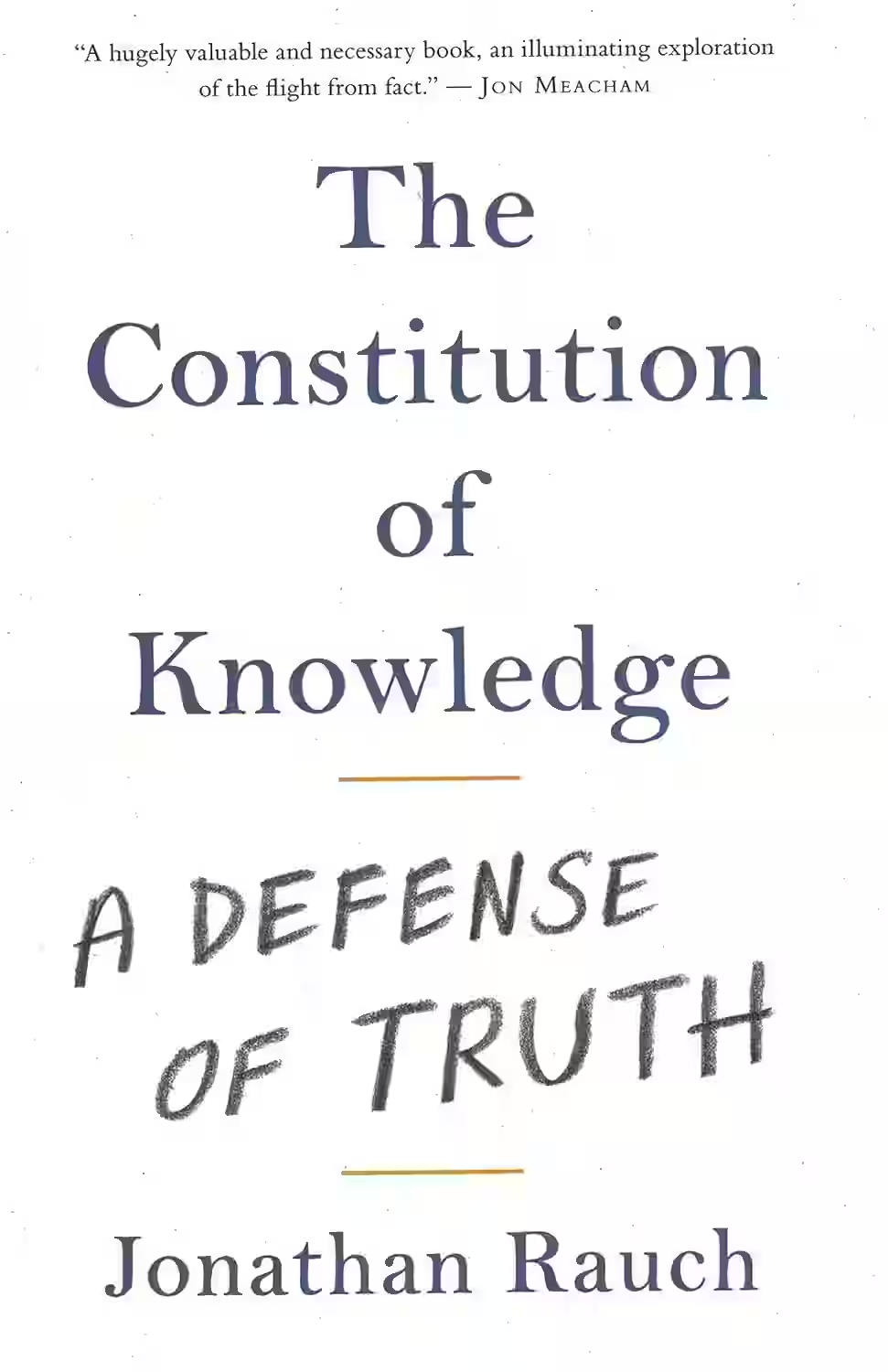
The Constitution of Knowledge
In The Constitution of Knowledge, Jonathan Rauch defends the epistemic institutions—science, journalism, academia—that uphold truth in democratic societies. He explores how norms like open debate, peer review, and fact-checking serve as a “constitution” governing the marketplace of ideas. Amid rising disinformation and tribal polarization, Rauch argues for preserving this knowledge system through free speech, tolerance, and intellectual humility. Blending political philosophy, history, and media studies, the book is both a defense and a roadmap for safeguarding truth in a digital age. It's an essential read for anyone concerned about democracy, truth, and the future of civil discourse.
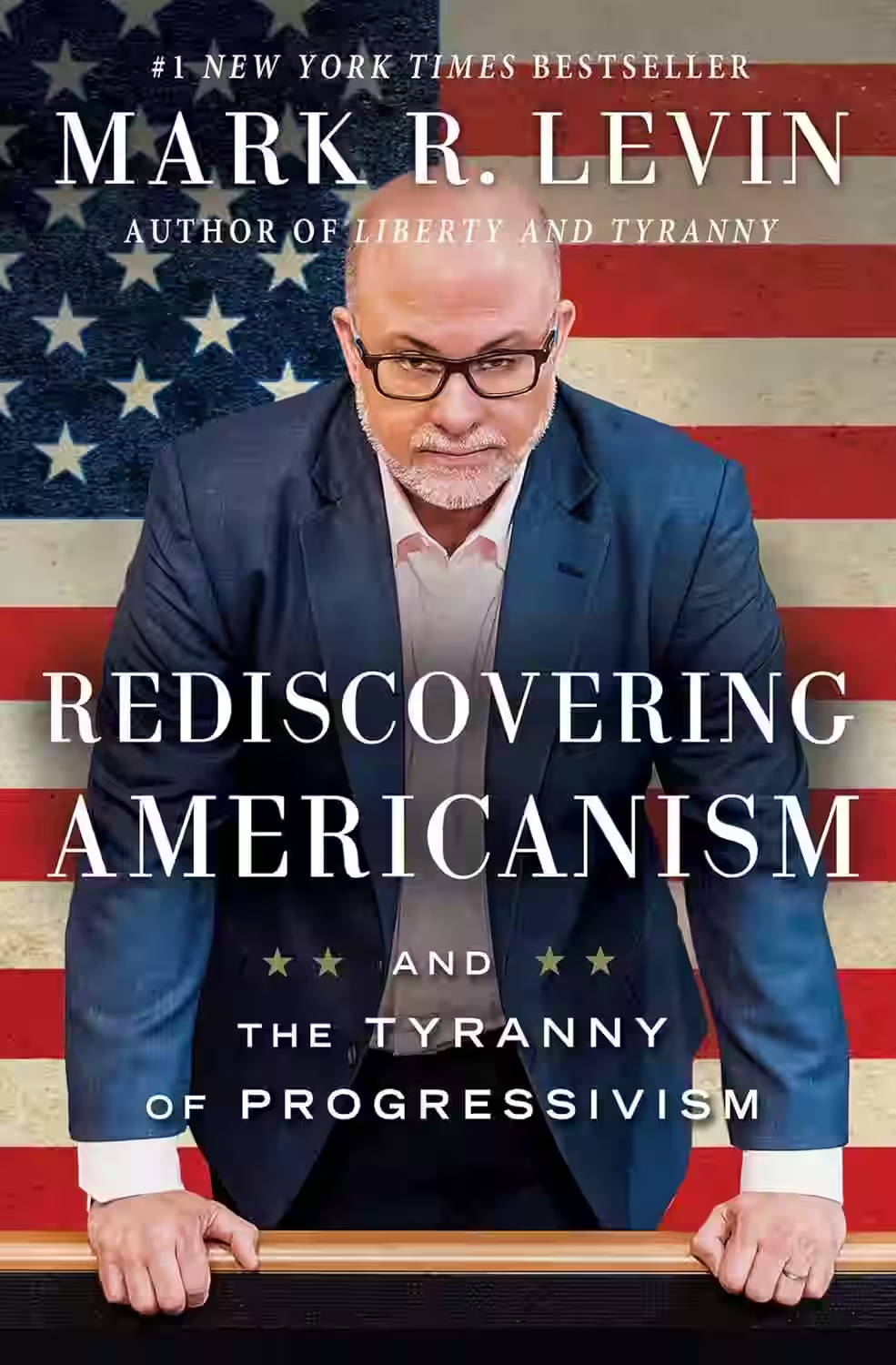
Rediscovering Americanism: And the Tyranny of Progressivism
In 'Rediscovering Americanism: And the Tyranny of Progressivism,' Mark R. Levin delves into the core principles of American conservatism and the dangers posed by the progressive movement. Through a comprehensive analysis, Levin examines the Founding Fathers' vision for America, emphasizing individual liberty, limited government, and free markets. He critiques the progressive ideology for its deviation from these principles, highlighting its threat to the American republic. Levin's compelling argument calls for a return to the roots of Americanism to safeguard the nation's future. This thought-provoking book challenges readers to reconsider their understanding of American values and the ongoing battle between conservatism and progressivism.

Why Liberalism Works
In Why Liberalism Works, economist and historian Deirdre McCloskey mounts a spirited defense of classical liberalism—the belief in individual liberty, free markets, and democratic governance. She argues that liberal ideas have lifted billions from poverty, expanded human rights, and created unprecedented prosperity. McCloskey critiques both right-wing nationalism and left-wing authoritarianism, warning against threats to liberal values. Blending historical analysis with economic insight, the book challenges modern skepticism toward capitalism and open societies. It is a timely reaffirmation of liberalism's moral and practical foundations, encouraging a renewed commitment to tolerance, innovation, and dignity for all individuals.

Some People Need Killing
In this harrowing and deeply reported memoir, journalist Patricia Evangelista documents Rodrigo Duterte’s brutal war on drugs in the Philippines. Drawing from years of firsthand reporting, Evangelista chronicles the violence, propaganda, and moral disintegration that defined a nation’s descent into authoritarianism. Through vivid narratives of victims, enforcers, and survivors, the book becomes a powerful indictment of state-sponsored killings and a meditation on fear, complicity, and resistance. Some People Need Killing is both a work of fearless journalism and a profoundly personal reckoning with truth and accountability in the face of terror.

Plunder and Deceit: Big Government's Exploitation of Young People and the Future
In 'Plunder and Deceit: Big Government's Exploitation of Young People and the Future,' Mark R. Levin presents a thought-provoking critique of government policies and their impact on the younger generation. Through insightful analysis and compelling arguments, Levin discusses how bloated government programs not only hinder individual liberty but also jeopardize the future of young Americans. He delves into topics such as education, entitlements, and the national debt, offering a conservative perspective on the challenges faced by the youth. This book serves as a rallying call for a reevaluation of governmental practices to secure a better future for the next generation.

Small Boat
Vincent Delecroix's "Small Boat" is a powerful and unsettling novel, longlisted for the International Booker Prize 2025. It's a fictionalized account inspired by a real-life tragedy in November 2021 when a dinghy carrying migrants capsized in the Channel, resulting in 27 deaths. The novel is narrated by a French coastguard operator who received calls from the sinking boat. Accused of negligence, she staunchly refuses to shoulder sole blame, arguing that responsibility extends far beyond her actions to wider societal indifference, systemic failures, and the crises driving migration. Delecroix masterfully explores themes of individual complicity, collective apathy, and the complex ethical dilemmas of modern society, forcing readers to confront uncomfortable truths about their own role as "spectators" to such tragedies.
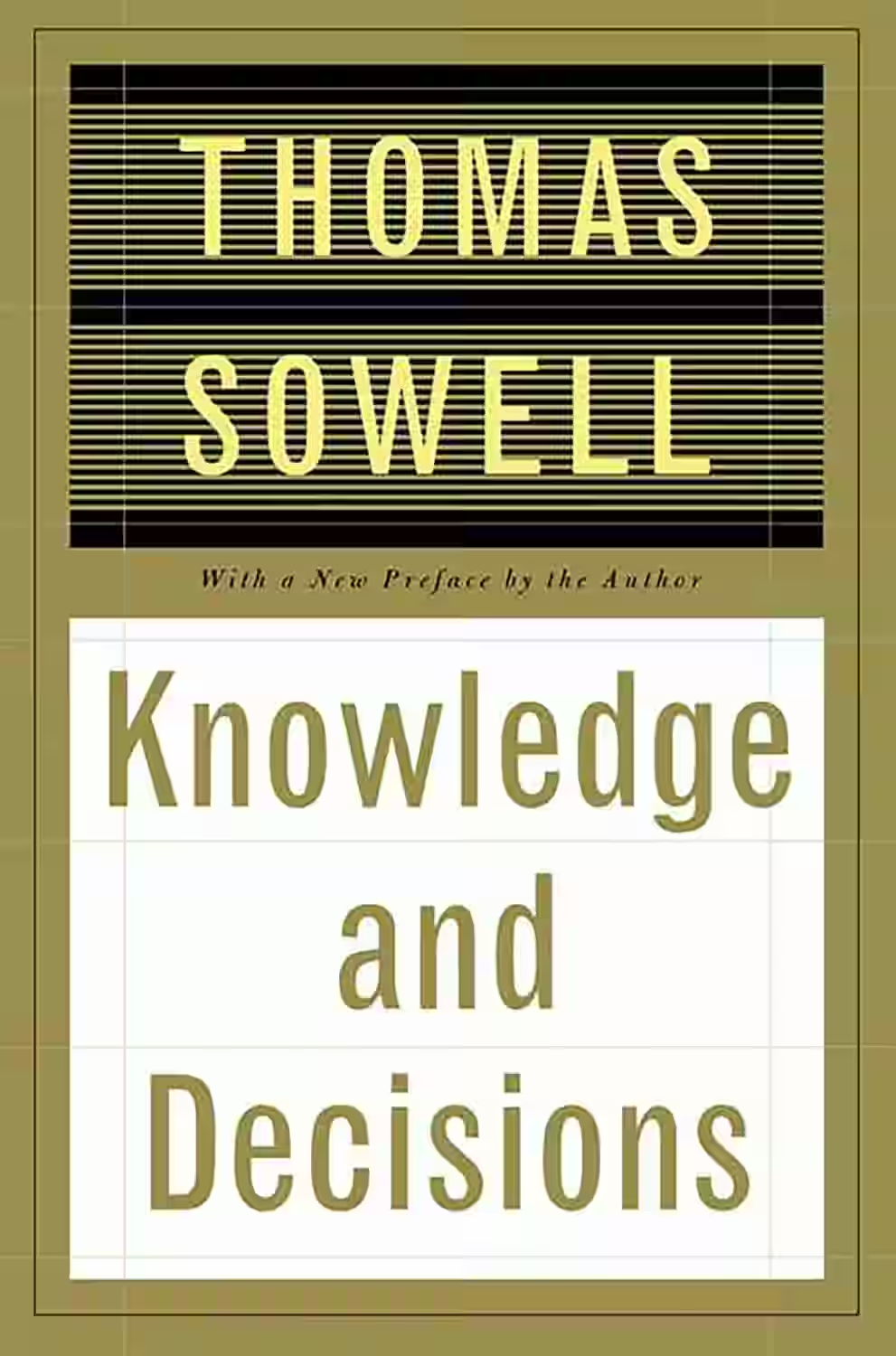
Knowledge and Decisions
Economist and political commentator Thomas Sowell explores how knowledge is distributed and used across different institutions, from markets to governments. He argues that decision-making is most efficient when decentralized and guided by incentives, rather than centralized planning. Sowell highlights how information, incentives, and constraints shape outcomes in society, emphasizing the superiority of systems that allow individuals to act on local knowledge. Rich in economic and philosophical insight, the book critiques technocratic overreach and defends free-market mechanisms. It’s considered one of Sowell’s most intellectually rigorous works, offering a deep framework for understanding how societies function.

The New Jim Crow: Mass Incarceration in the Age of Colorblindness
In 'The New Jim Crow: Mass Incarceration in the Age of Colorblindness' by Michelle Alexander, readers are confronted with a powerful and meticulously researched examination of the US criminal justice system. Alexander eloquently argues that America's mass incarceration policies have perpetuated a racial caste system akin to the Jim Crow laws of the past, disproportionately affecting Black and Brown communities. Through compelling narratives and sobering statistics, she sheds light on the systemic inequalities, racial profiling, and biases that perpetuate this modern-day form of oppression. This book challenges readers to critically examine the intersection of race, justice, and society, making it an essential read for anyone seeking to understand and address issues of racial injustice in America.
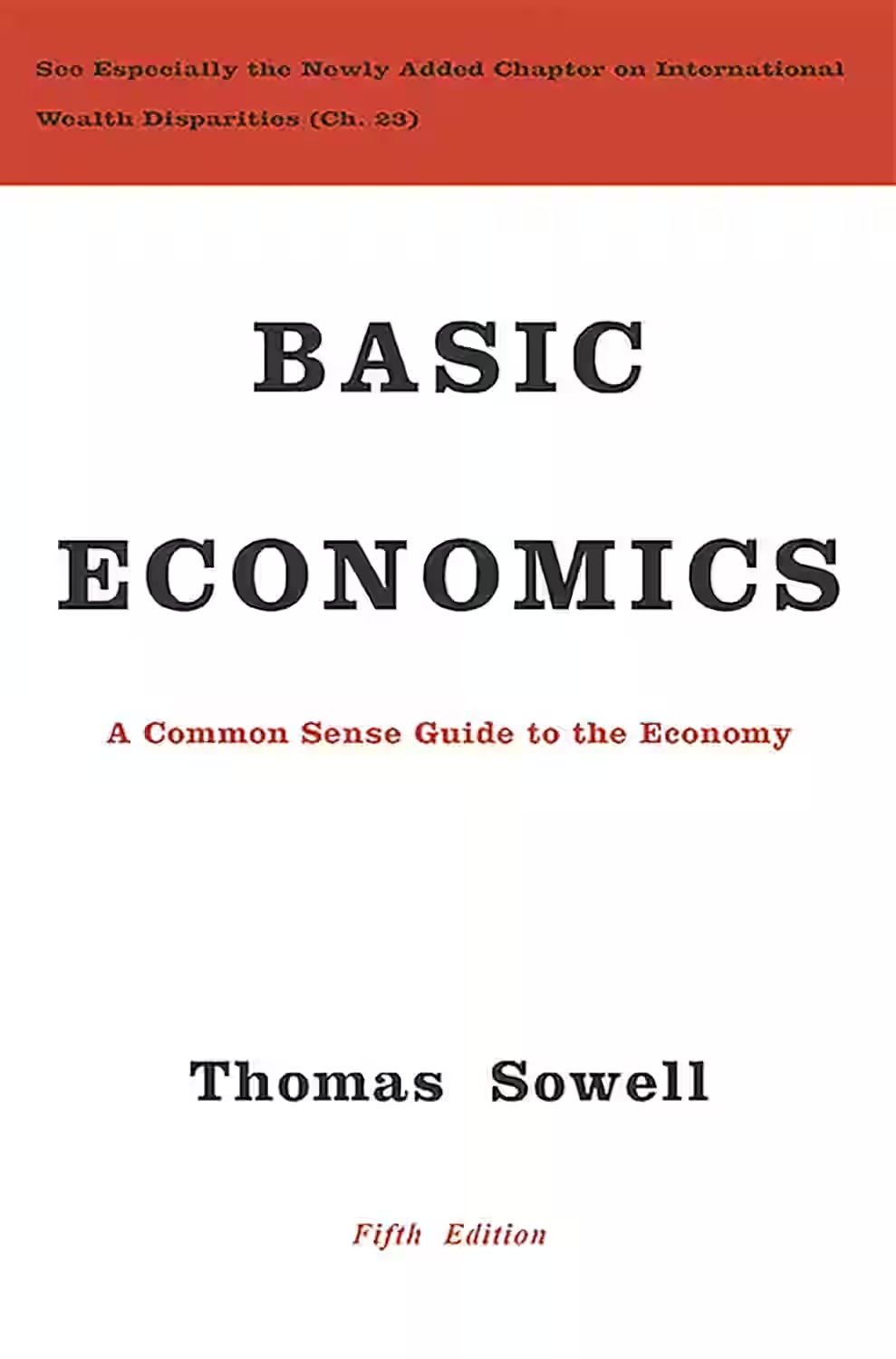
Basic Economics: A Common Sense Guide to the Economy
In 'Basic Economics: A Common Sense Guide to the Economy' by Thomas Sowell, readers are taken on a journey through the fundamental principles of economics in a clear and accessible manner. Sowell breaks down complex economic concepts into easily digestible lessons, making it a perfect choice for those looking to grasp the basics of how economies function. By using real-world examples and a conversational tone, the author engages readers in understanding topics like supply and demand, price controls, and international trade. This book serves as an eye-opening resource for individuals wanting to comprehend the intricacies of the economy without getting lost in jargon.

Triggered: How the Left Thrives on Hate and Wants to Silence Us
In 'Triggered: How the Left Thrives on Hate and Wants to Silence Us', Donald Trump Jr. delves into his perspective on the political landscape, accusing the left of perpetuating a culture of hate and attempting to stifle opposing voices. Through personal anecdotes and sharp criticism, Trump Jr. argues that the left's tactics aim to oppress conservative viewpoints. The book explores themes of censorship, political polarization, and the struggle for free speech in today's divided society. 'Triggered' is a provocative take on contemporary politics, likely to appeal to readers interested in conservative commentary and critiques of left-wing ideology.
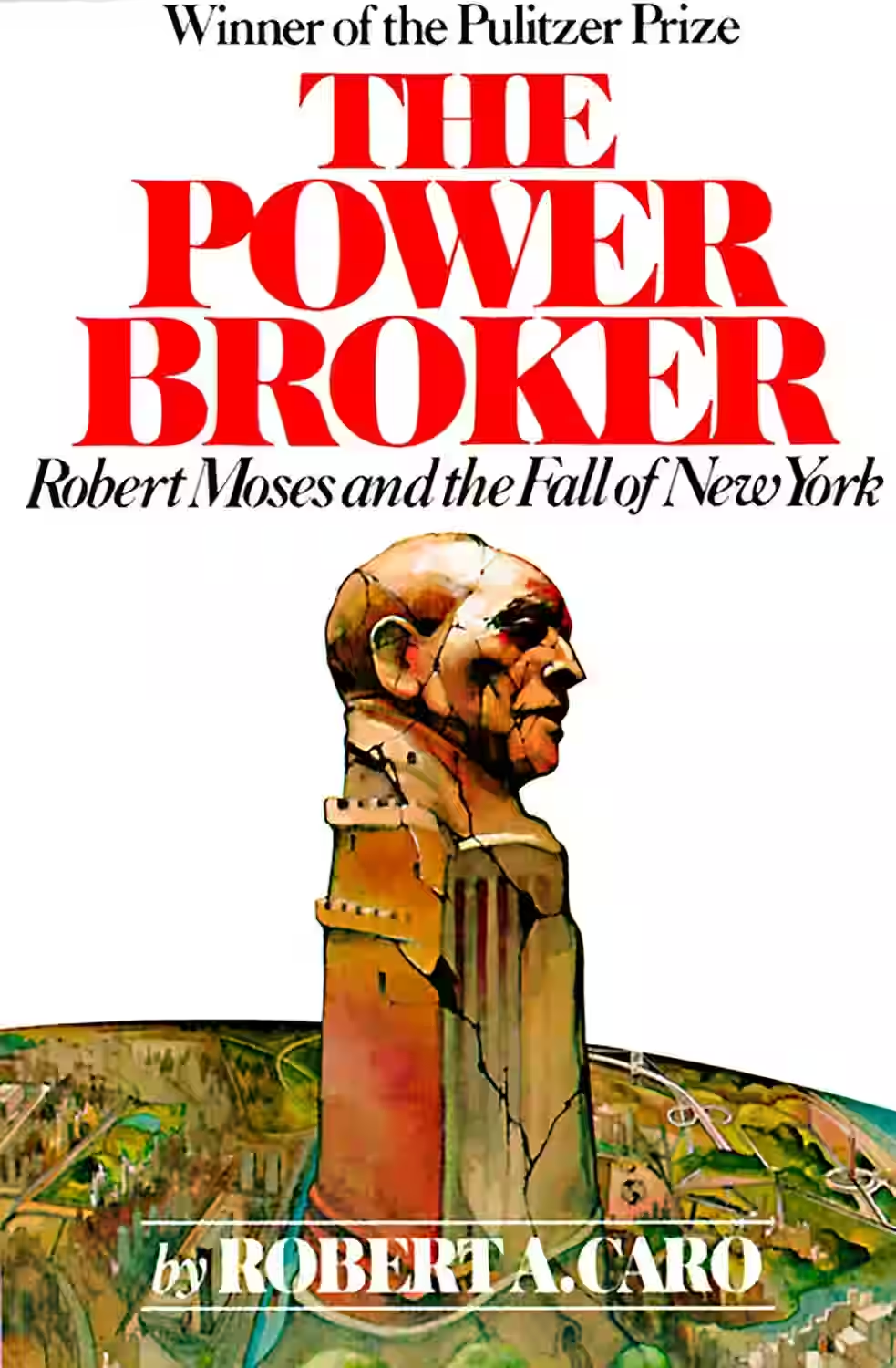
The Power Broker
Robert A. Caro's magnum opus, 'The Power Broker,' is a monumental biography detailing the life of urban planner Robert Moses. Through meticulous research and vivid storytelling, Caro explores Moses's rise to power in shaping New York City's landscape, illuminating the intricate web of politics, power, and ambition that defined his legacy. From his grand infrastructure projects to his autocratic rule, the book delves into the consequences of unchecked authority and the price of progress. Caro's compelling narrative offers a profound reflection on the nature of power and its impact on society, making 'The Power Broker' a seminal work of political biography.
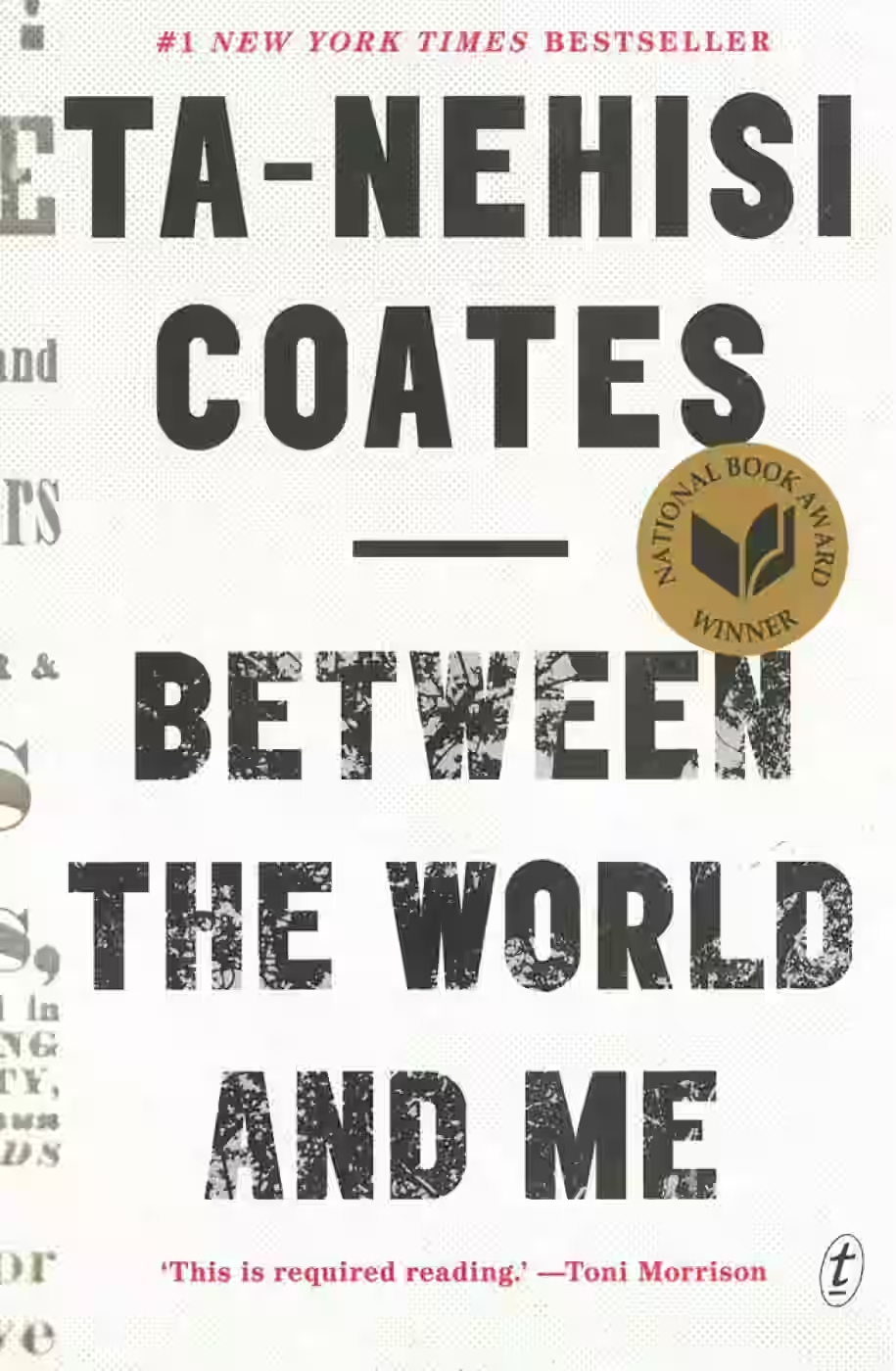
Between the World and Me
Presented as a letter to his teenage son, Ta-Nehisi Coates's Between the World and Me is a profound meditation on race, history, and identity in America. Drawing from his own experiences as a Black man, Coates examines the legacy of systemic racism, police violence, and the illusion of the American Dream. Inspired by Baldwin yet distinctly contemporary, the book offers a deeply personal and unflinching account of what it means to live in a Black body. With lyrical prose and intellectual rigor, Coates compels readers to confront uncomfortable truths and reconsider notions of privilege, safety, and belonging.

Black and British
Historian David Olusoga presents a comprehensive exploration of Black British history, tracing its roots from Roman times to the present day. The book challenges the traditional narrative of British history by illuminating the long-standing presence, struggles, and contributions of Black people in the UK. Olusoga combines meticulous research with powerful storytelling to highlight systemic injustices and the resilience of communities. Black and British is both an essential corrective and a deeply engaging chronicle, helping readers understand Britain's colonial past and its enduring impact on race relations and identity.
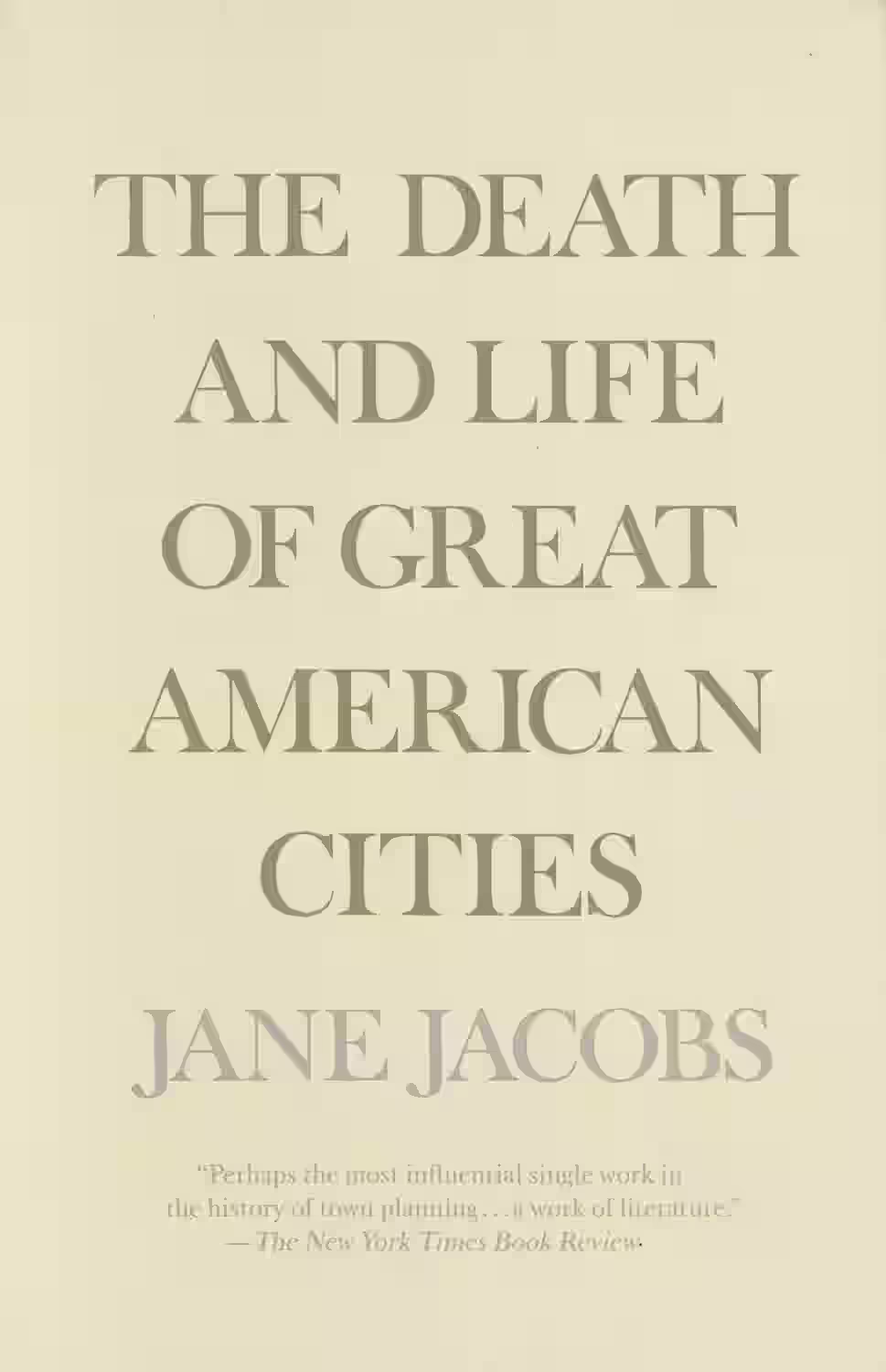
The Death and Life of Great American Cities
by Jane Jacobs
In 'The Death and Life of Great American Cities,' Jane Jacobs revolutionizes urban planning with her groundbreaking critique of urban renewal policies. Jacobs challenges the conventional wisdom of her time by advocating for diverse and vibrant neighborhoods that prioritize safety, walkability, and community engagement. Through meticulous observation and analysis, she presents a compelling argument against top-down urban planning approaches and champions the organic evolution of cities. Her work continues to shape contemporary urban planning discourse, inspiring a more people-centric approach to city design. 'The Death and Life of Great American Cities' remains a seminal text that redefines our understanding of urban life.

The Better Angels of Our Nature
In The Better Angels of Our Nature, cognitive scientist Steven Pinker argues that, contrary to popular belief, violence has declined significantly over human history. Drawing on data from psychology, history, and political science, Pinker examines how societal changes—such as the spread of literacy, trade, and centralized governance—have contributed to a more peaceful world. He identifies forces like empathy, reason, and moral progress as "better angels" guiding human behavior. Though controversial, the book provides a compelling, data-driven narrative that challenges pessimistic views of human nature and makes a bold case for the progress of civilization over the centuries.
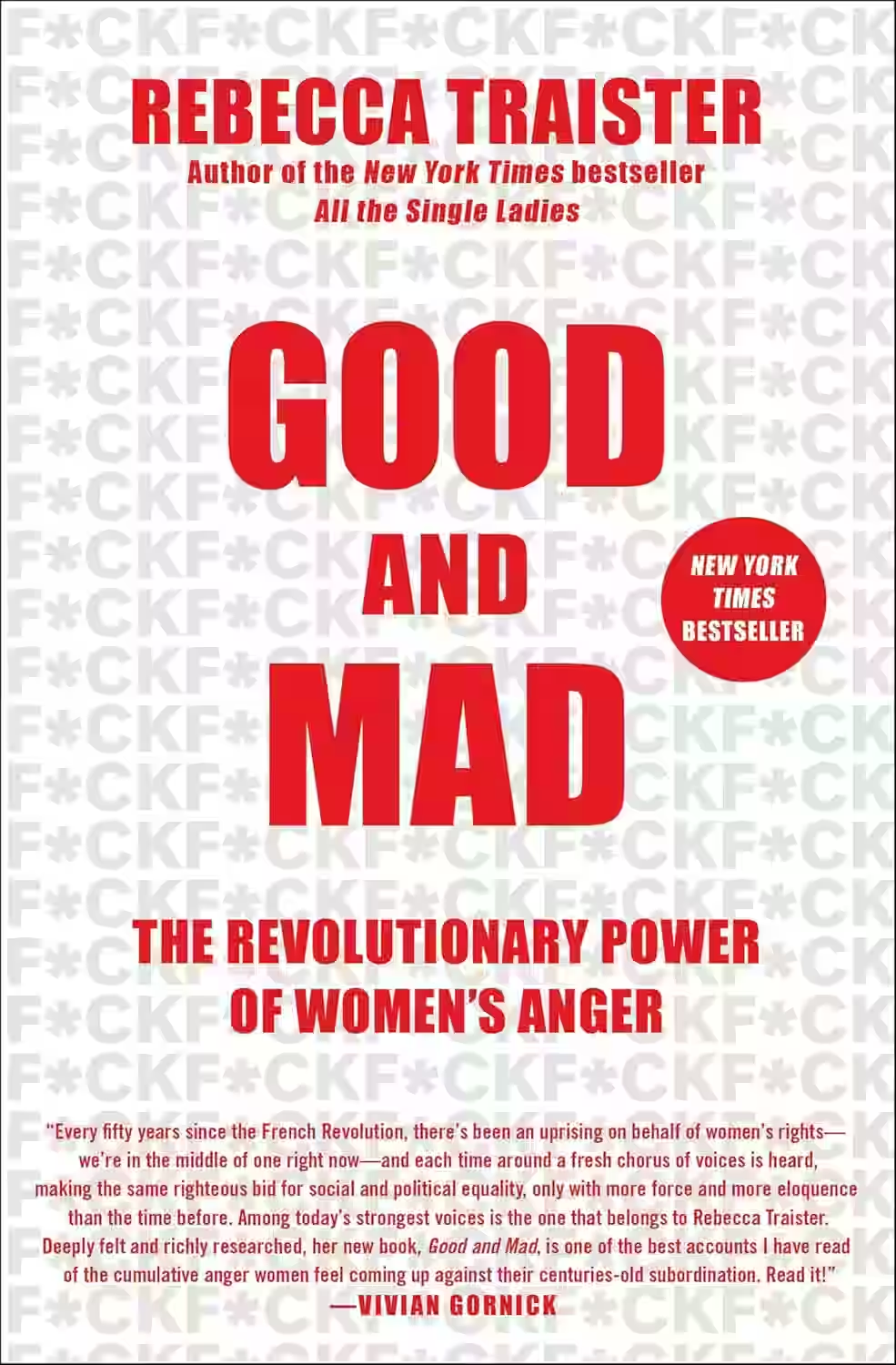
Good and Mad: The Revolutionary Power of Women's Anger
In 'Good and Mad: The Revolutionary Power of Women's Anger' by Rebecca Traister, the author delves into the history, impact, and significance of women's anger as a catalyst for social and political change. Traister explores how women's anger has been historically suppressed and marginalized, but also how it has fueled progressive movements and shaped the course of history. Through a compelling blend of personal anecdotes, feminist analysis, and historical context, Traister powerfully argues that women's rage is a force to be reckoned with. This book is a thought-provoking and empowering examination of the transformative power of anger in the fight for gender equality and social justice.

We Should All Be Feminists
Chimamanda Ngozi Adichie's 'We Should All Be Feminists' is a powerful and thought-provoking manifesto that explores the importance of gender equality in today's society. Drawing from her own experiences as a woman and insightful observations of societal norms, Adichie delves into the pervasive issue of sexism and the need for everyone, regardless of gender, to embrace feminism. Through poignant anecdotes and compelling arguments, she challenges traditional notions of femininity and masculinity, advocating for a world where all individuals have equal rights and opportunities. This concise yet impactful book serves as a rallying cry for all to join the fight for gender justice.

The Will of the Many
Series: Hierarchy (#1)
In 'The Will of the Many' by James Islington, readers delve into a richly woven tapestry of fantasy and political intrigue. The story follows a diverse cast of characters grappling with power dynamics, loyalty, and the consequences of their choices as they navigate a world on the brink of change. Islington's intricate world-building and deft character development immerse readers in a narrative that skillfully balances action and introspection. With twists and turns that keep readers guessing, 'The Will of the Many' is a gripping tale that explores the complexities of leadership, sacrifice, and the enduring power of unity.
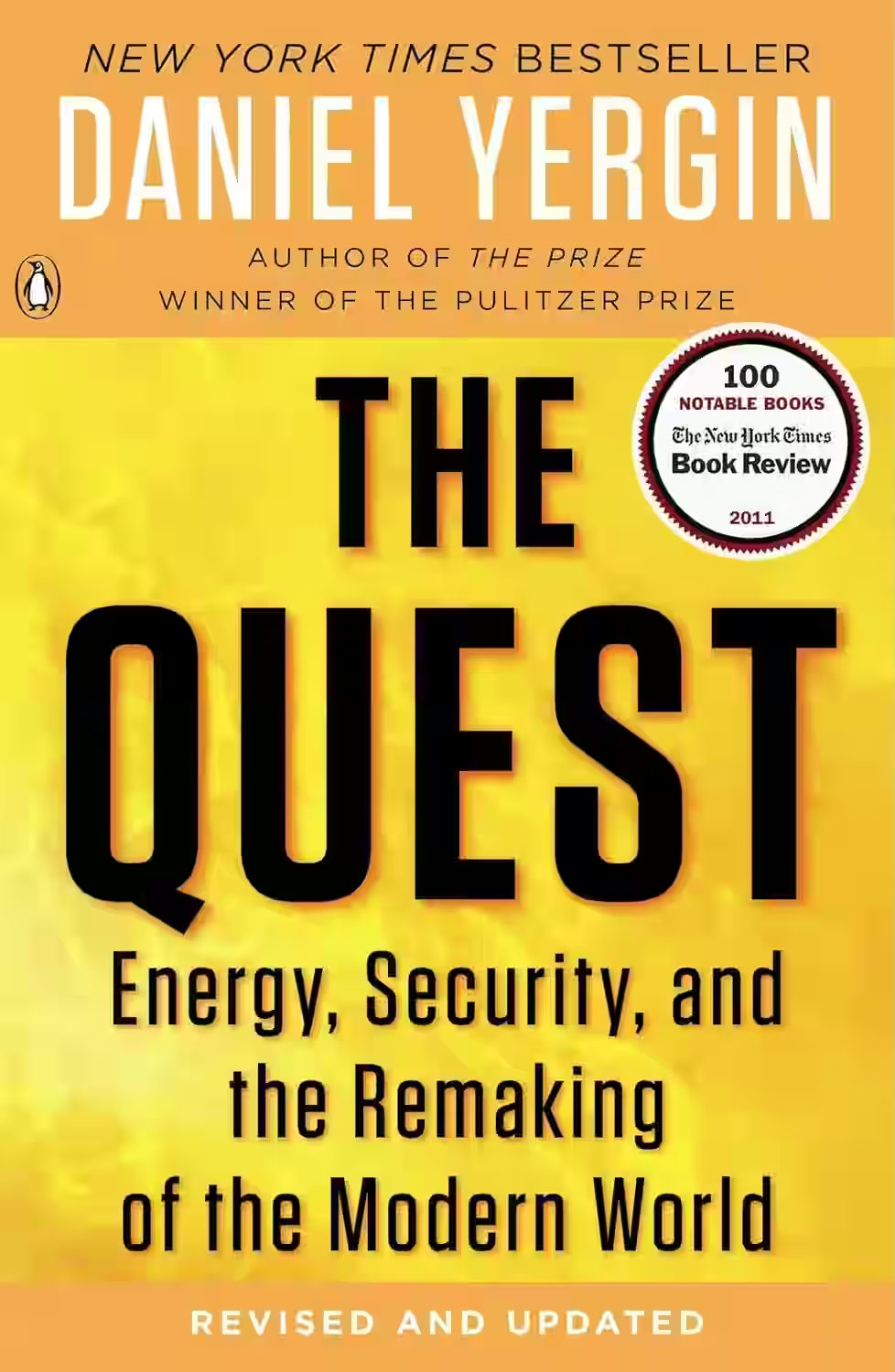
The Quest: Energy, Security, and the Remaking of the Modern World
In 'The Quest: Energy, Security, and the Remaking of the Modern World,' Daniel Yergin takes readers on a fascinating journey through the often overlooked world of energy geopolitics. The book delves deep into the intricate relationship between energy resources, global security, and the ever-evolving modern world. Yergin explores the quest for sustainable energy sources, the impact of technological advancements on energy production, and the complex political dynamics shaping the energy landscape. Through compelling narratives and extensive research, the author sheds light on the critical role energy plays in shaping economies, conflicts, and the future of our planet.
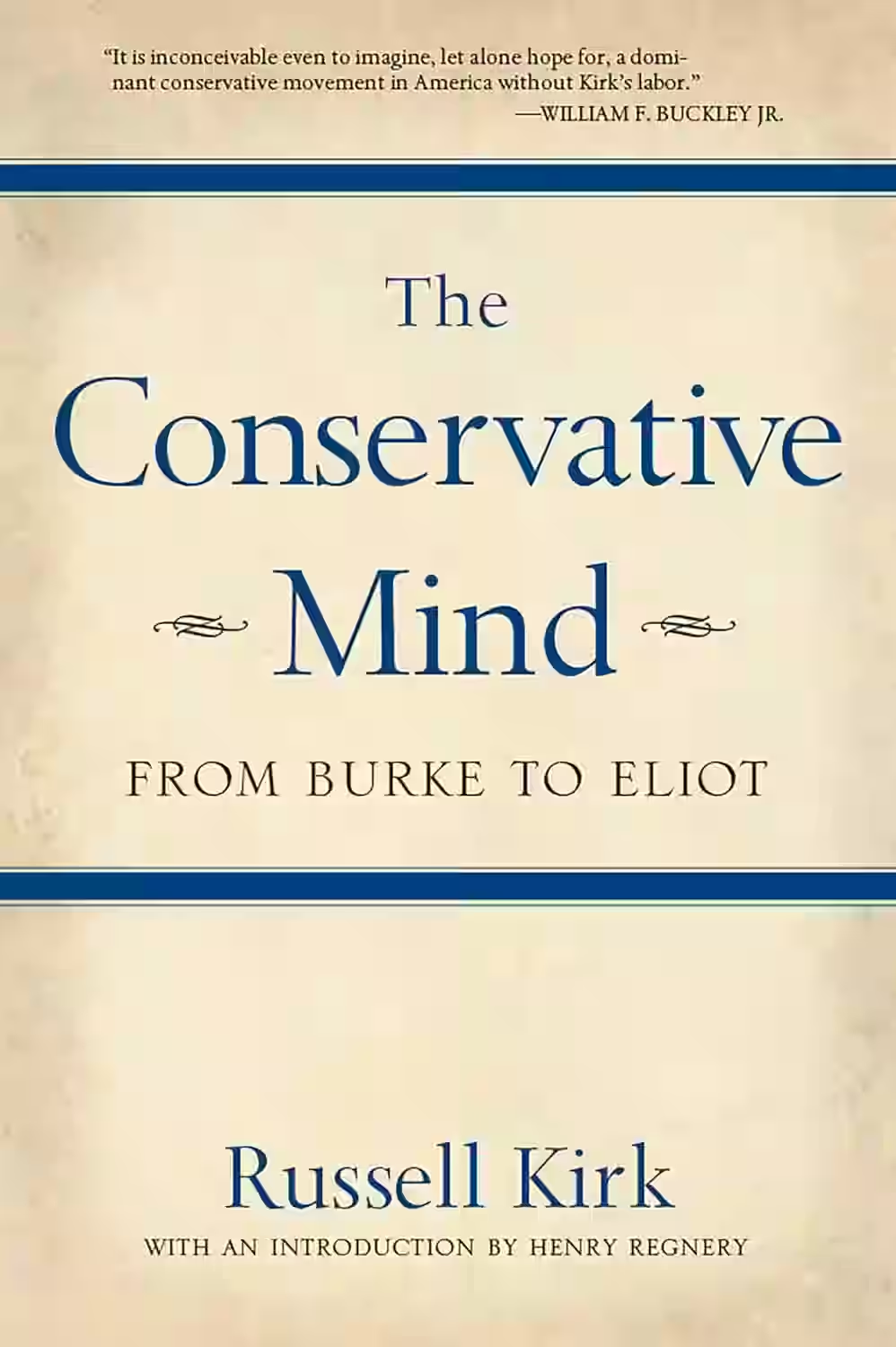
The Conservative Mind: From Burke to Eliot
by Russell Kirk
In 'The Conservative Mind: From Burke to Eliot', Russell Kirk delivers a seminal work that traces the evolution of conservative thought from the 18th to the 20th century. Kirk meticulously examines the ideas of influential figures like Edmund Burke, Alexis de Tocqueville, and T.S. Eliot, shaping a comprehensive narrative of conservative principles that emphasizes tradition, order, and virtue. Through engaging prose, Kirk elucidates how these thinkers laid the intellectual groundwork for modern conservatism, advocating for prudence and a reverence for societal institutions. This book is a must-read for those seeking a deeper understanding of conservatism and its philosophical underpinnings.